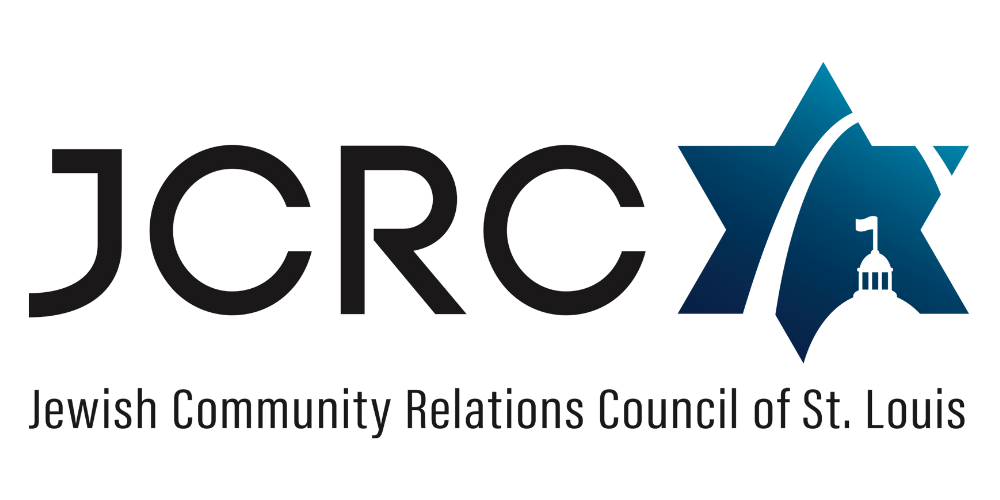December 2005 Medicaid Reform
The following position was voted upon and passed unanimously (24 votes).
“The well-being of the soul can be obtained only after that of the body has been secured.” Maimonides, Guide for the Perplexed
To be productive and successful as a state, our residents must be healthy, educated and secure, and families must be respected and protected. Affordable health coverage is critical to maintaining our state’s – and our nation’s – economic and social stability.
As one of the most efficient and cost-effective health programs in either the public or private spheres, Medicaid remains a highly successful public program in our state, lowering the number of uninsured Missourians, providing numerous healthcare jobs and contributing to the economic well-being of the state.
The Jewish Community Relations Council (JCRC) is composed of a cross-section of the St. Louis Jewish community, represented by members of 19 agencies and organizations and 14 at-large members. Our interest in health and long-term care stems from Jewish teachings that inform us that the life and health of all community members are of infinite value. Providing health care is a Jewish value and, according to the noted philosopher Maimonides, one of the most important services that a community can make available to its residents.
As public officials move forward to take action on healthcare recommendations for our residents, we urge them to adhere to the following principles for Medicaid Reform:
• Medicaid must remain a basic entitlement program, available to individuals who are poor, elderly or disabled. Medicaid is an important component of the emergency safety net providing some measure of security against medical catastrophe. The JCRC opposes “block granting” the program or turning it into a “capped entitlement,” given the adverse effect these changes would have on the vulnerable populations served by the Medicaid program.
• Medicaid should not increase required out-of-pocket payments from beneficiaries that will prevent Medicaid services from being utilized by those who most need it. Premiums, deductibles, and co-pays have a disproportionate impact on those with smaller incomes and would be prohibitive barriers that will keep needed healthcare away from America’s most vulnerable populations.
• Medicaid programs should be required to use their substantial purchasing power to obtain the most favorable prices and terms from manufacturers and providers of prescription drugs. Drugs comprise one of the largest and fastest growing components of Medicaid expenditures.

